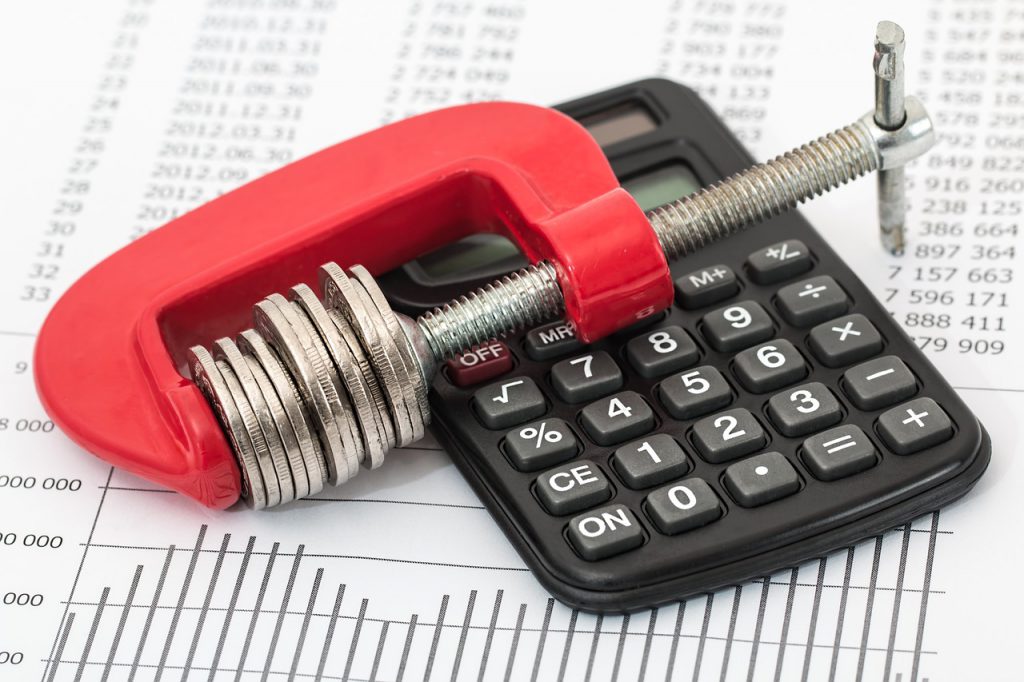- Reduction in utility usage
Use energy saving light bulbs and or solar powered lights, monitor all your vehicular movements and water usage. Restrict frequent and unwarranted use of vehicles, use only when necessary else make use of cheaper public transport system. This is to reduce fuel and energy consumptions.
- Reduction in telephone usage
Employees, friends and families are known for making use of ‘free phones’ for their personal chit-chats with friends and co-workers. They don’t pay for it so there is no time limit to the discussions they make with it. Monitor your telephone usage, make calls only when necessary, else, make use of sms / e-mails for some important information or direct face – to – communication.
- Avoid the accumulation of unnecessary interests
Avoid the accumulation of interest and demurrage charges by making prompt payments of your purchases and services rendered. All these unnecessary charges drain your income. Avoid them like plague.
- Reduce travelling expenditure
Asking employees to share rooms in a hotel may rather look awkward and offensive to some, instead opt for a cheaper hotel, and develop a strong travelling policy, setting clearly, the limit of expenses for each grade of employees. Any extra expenses incurred will be taken care of by the employee responsible. Consolidate your travelling airline and booking services. Negotiate with the airline management for corporate discount. Encourage your employees to make use of an alternative cheaper public transport system than the expensive hired taxi.
- Implement an effective waste management system
Waste management is the control, monitoring and prevention of waste generation. It can be classified using the “3 Rs” of waste management – Reduce, Reuse and Recycle. These are the main ways of waste management system.
Waste reduction
Waste reduction is the process of generating less waste. The best practice of waste management is to avoid creating waste in the first place. In other words, avoid waste from the onset before you make your purchases. Follow the tips below for an effective waste reduction campaign.
- Go for materials with lesser likelihood to generate waste, in the packaging material used or in the usage.
- Buy only the required quantity of materials at any given period of time.
- Do not buy materials nearing their expiration date, unless you intend to use them immediately. In other words, always check the expiring date before buying.
- Always follow the FIFO (First In, First Out) or the FEFO (First Expiring, First Out) rules.
- Always give adequate space between materials and the wall. This will give you enough space for routine inspection and proper cleaning exercise.
- Buy reusable materials instead of disposables, unless where and when it is necessary to use disposables.
- Buy durable products and make sure to make maximum use of them. This will reduce the cost of purchasing new ones every now and then, the frequent maintenance cost and subsequent waste generated from accumulation of used materials.
- Do not forget to carry out periodic fumigation and pest control exercise. Rodents, roaches and insects have a way of damaging materials and rendering them unusable, especially packaging materials, furniture and food materials.
- Cultivate a maintenance habit. Always carry out a regular maintenance of your machineries to prevent total breakdown.
Waste reuse
Waste reuse is to make use of a material again after it has been previously used. Materials can be reused in two ways; by using it for the same function or by using it for a different function. Before you throw any material to the bin, think of other things it can be used for. Most times, product waste during manufacturing can be integrated back into the manufacturing process for a better yield. Waste reuse has several benefits such as:
- Reuse reduces the disposal cost.
- It saves energy and raw materials.
- It saves purchasing cost.
If you decide not to continue making use of a particular material, such as your furniture, electronics, household and office items, you can hold a garage or yard sale or you donate them to charities. Holding a garage sale will generate an additional income to your business.
Waste recycling
Recycling is the total transformation of a particular kind of waste into a different new material to be used as a raw material for a different product or for a different use. This is another way of waste management which has been in practice over the years. The problem here is that not all kinds of waste can be recycled and most times the process of recycling is difficult and costly. Materials such as glass, paper, plastics, metal, electronics and textiles can be recycled. Food items can also be recycled to produce livestock feed. Materials to be recycled are first separated and then sold as scrap to the dealers who will carry out the process of recycling.










Pingback: Useful Tips for Saving and planning for retirement -